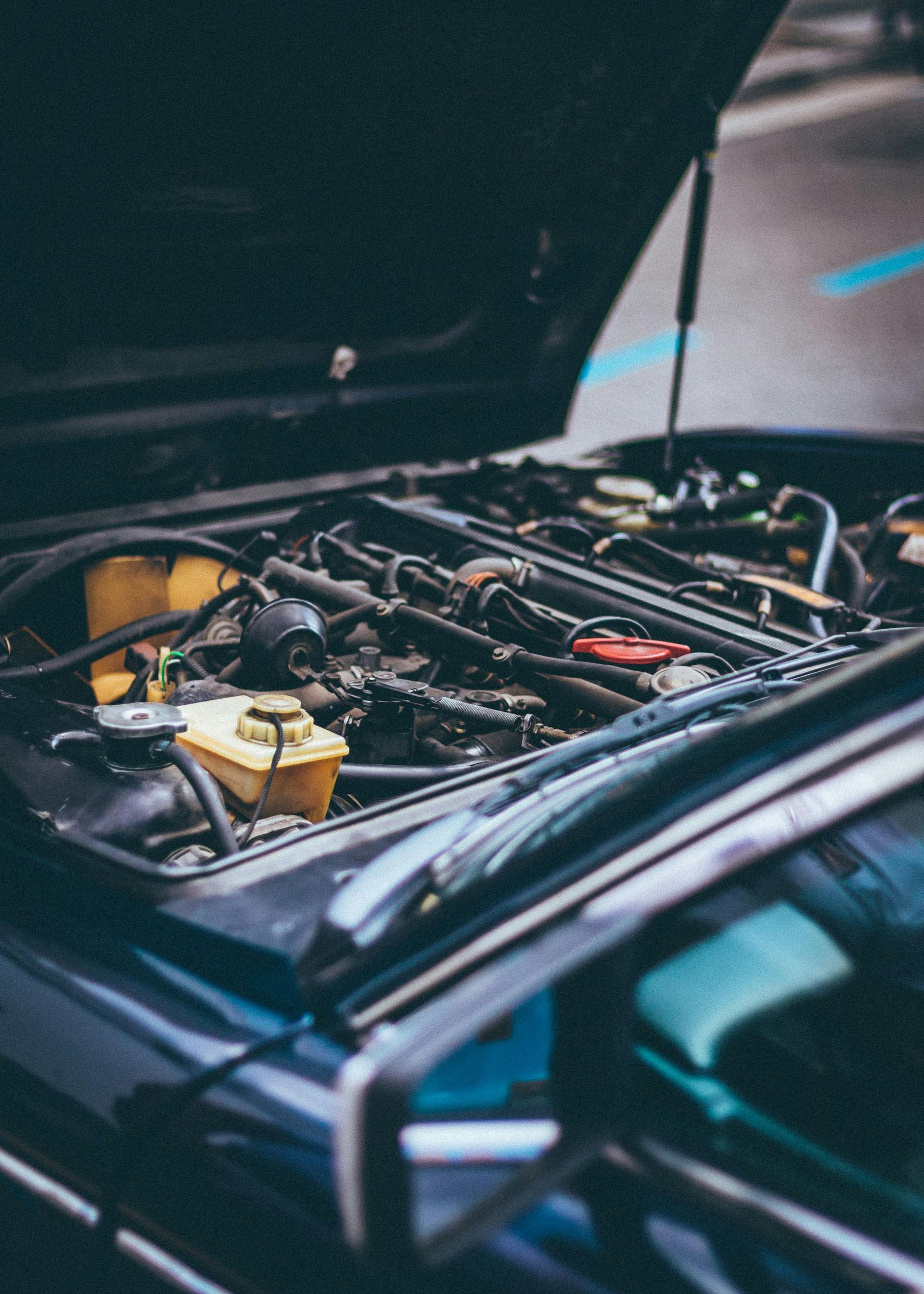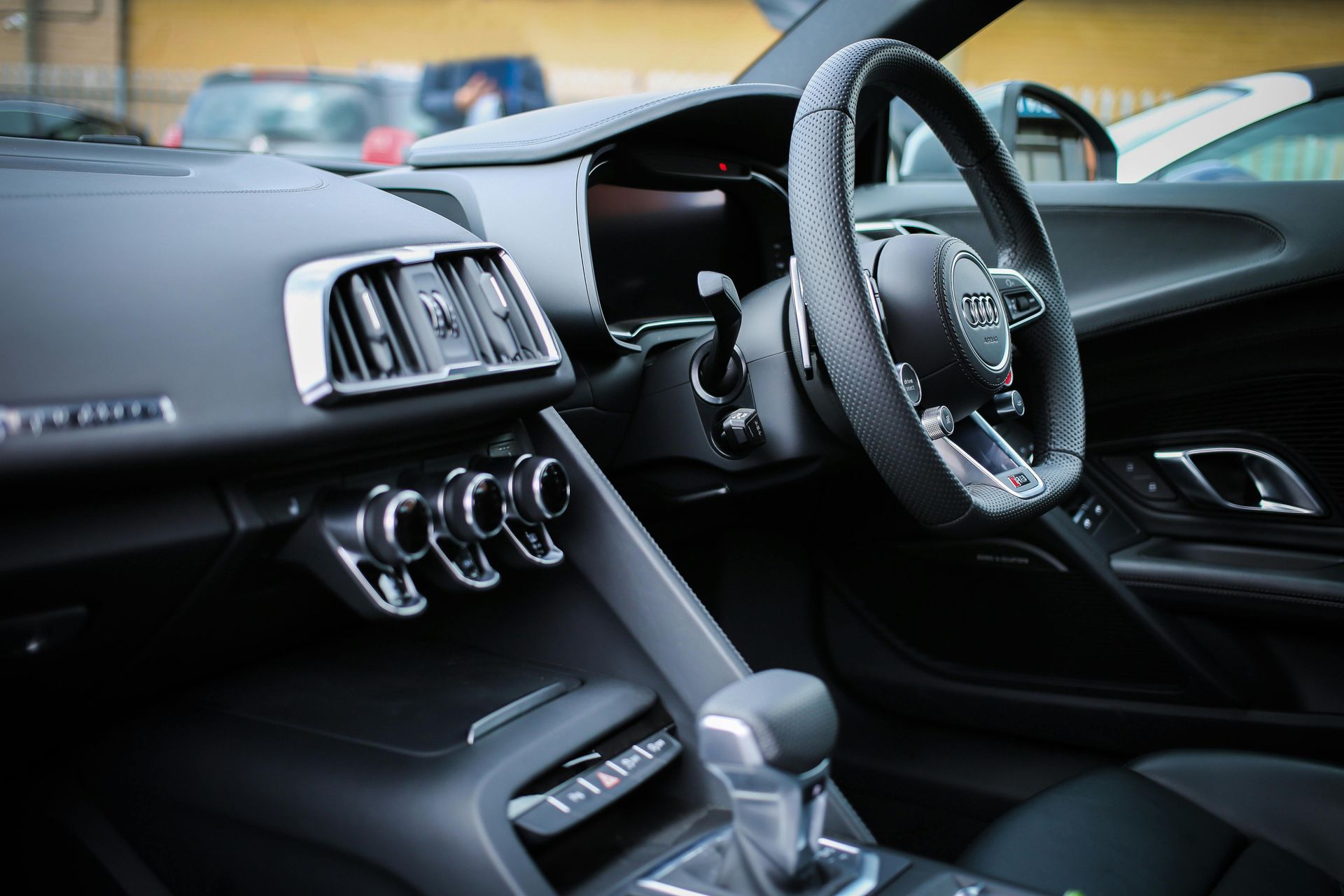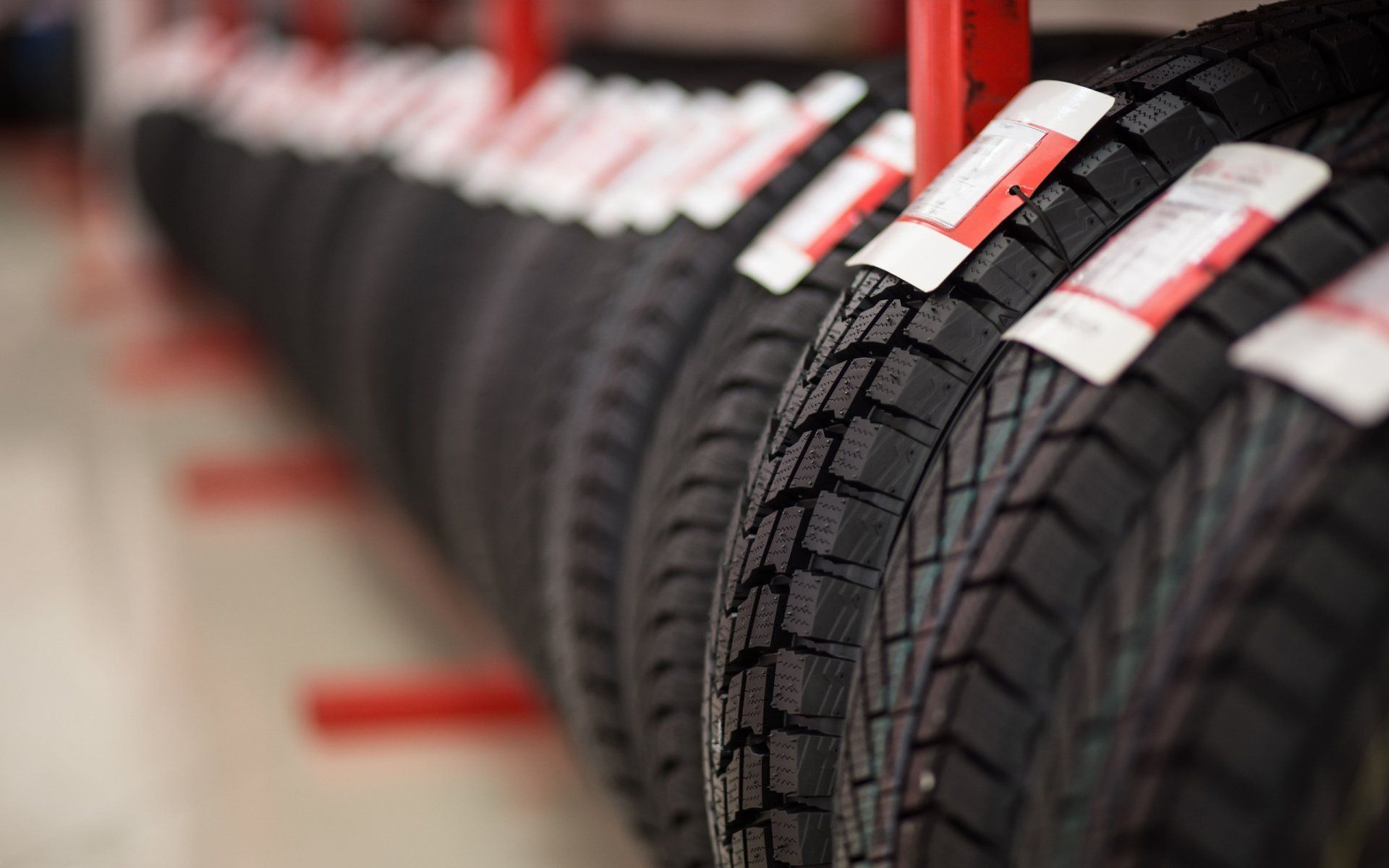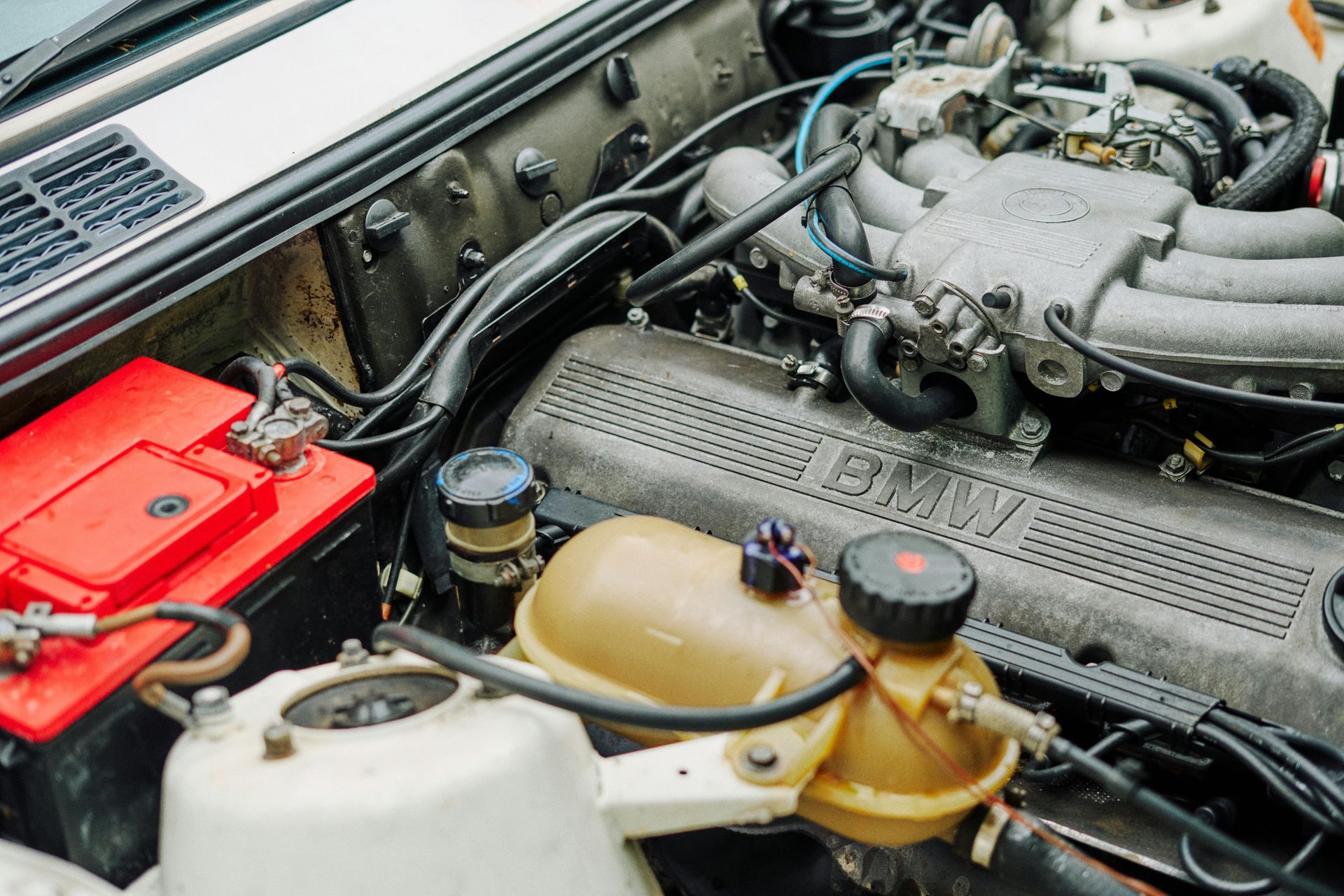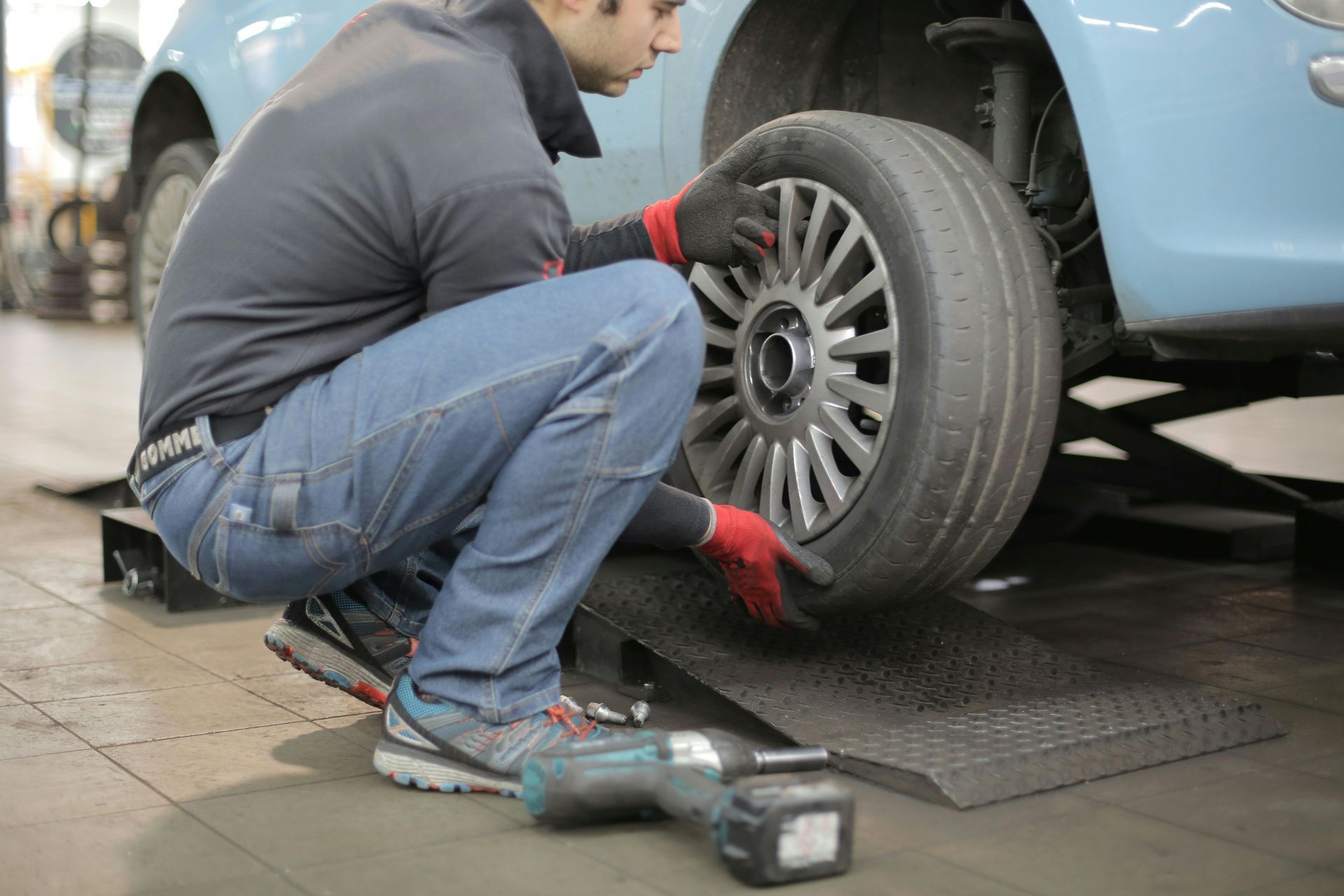Late Summer Oil Changes: Why California Drivers Should Schedule Service Now
As August winds down and September approaches, Auburn drivers start thinking about fall plans, back-to-school routines, and cooler weather ahead. But there's one important task that should be at the top of your late summer checklist: getting an oil change. While you might think any time is good for this essential maintenance, late summer offers unique advantages for California drivers that make it the smartest time to schedule service.
Your Oil Has Been Through a Lot This Summer
California's intense summer heat is brutal on engine oil. Here in Auburn, where temperatures regularly soar above 100 degrees, your oil works overtime to protect your engine. After months of extreme heat, stop-and-go traffic, and summer road trips, your oil has likely reached its limits.
High temperatures cause oil to break down faster, losing its ability to lubricate engine parts effectively. The oil that protected your engine in May might be thin, dirty, and filled with contaminants by late August. This breakdown accelerates wear on critical engine components and reduces fuel efficiency.
Summer driving conditions in the Auburn area are particularly hard on oil. Whether you've been commuting on hot Highway 80, sitting in traffic during construction delays, or taking weekend trips through the Sierra foothills, your engine oil has been working harder than usual.
Beat the Fall Rush
Smart Auburn drivers know that fall brings a surge in automotive service appointments. As temperatures cool and people prepare for winter driving, auto shops get busy with everything from tire changes to heating system repairs.
Scheduling your oil change in late summer means you avoid the crowds and get faster service. You won't have to wait weeks for an appointment or sit in a crowded waiting room. Plus, you'll have one less thing to worry about when the busy fall season arrives.
Prepare for Seasonal Driving Changes
Fall driving in the Auburn area brings its own challenges. Morning fog in the Central Valley, wet roads from the first autumn rains, and temperature swings between hot afternoons and cool mornings all put different demands on your engine.
Fresh oil helps your engine handle these changing conditions better. Clean oil flows properly in cooler morning temperatures and maintains protection when afternoon temperatures still climb into the 90s. This is especially important if you commute between Auburn's foothills and the Sacramento Valley, where temperature differences can be dramatic.
Road Trip Season Isn't Over
Late summer and early fall are prime road trip seasons in Northern California. The extreme heat of July and August has passed, but you still have beautiful weather for exploring Gold Country, visiting the coast, or making trips to Lake Tahoe.
Fresh oil gives you confidence for these adventures. Whether you're driving winding Highway 49 through Nevada City or climbing steep mountain grades toward Truckee, new oil ensures your engine stays protected under demanding conditions.
Don't risk engine problems on a remote Sierra highway because you put off a simple oil change. Fresh oil is cheap insurance for your fall travel plans.
Address Summer Damage Before It Gets Worse
Summer driving can reveal engine issues that fresh oil helps address. If your engine has been working harder in extreme heat, an oil change gives technicians a chance to spot potential problems early.
During an oil change, experienced mechanics check for signs of engine wear, leaks, or other issues that summer heat might have aggravated. Catching problems in late summer prevents them from becoming expensive repairs later.
This inspection is especially valuable for Auburn drivers who've put lots of summer miles on their vehicles. Mountain driving, towing trailers, or frequent long trips can accelerate engine wear that shows up during routine maintenance.
Take Advantage of Better Weather
Late summer offers ideal weather for automotive service. You're not dealing with scorching July heat that makes waiting outside unbearable, but you also don't have to worry about winter rain storms that might delay your trip to the shop.
The comfortable temperatures of late August and early September make it pleasant to drop off your car, run errands in downtown Auburn, or take a walk while you wait for service.
Your Engine Deserves Fresh Protection
Think of late summer oil changes as giving your engine a fresh start for the months ahead. After working hard through California's intense summer heat, your engine deserves the best protection you can provide.
Fresh oil contains additives that help prevent corrosion, reduce friction, and keep your engine clean. These additives get depleted over time and miles, especially under the harsh conditions of a California summer.
Different Oil for Different Seasons
Some Auburn drivers benefit from switching oil types in late summer. If you used a thicker oil to handle extreme summer heat, you might want to switch to a different viscosity for fall and winter driving.
Your mechanic can recommend the best oil for Auburn's climate conditions and your driving habits. This might be conventional oil, full synthetic, or a synthetic blend depending on your vehicle's needs and your budget.
Extend Your Engine's Life
Regular oil changes are the most important thing you can do to extend your engine's life. Late summer changes are especially important because they remove all the contaminants and breakdown products that accumulated during months of hot weather driving.
Fresh oil helps your engine run cleaner, cooler, and more efficiently. This translates to better fuel economy, fewer repairs, and a longer-lasting vehicle – important considerations for Auburn drivers who rely on their cars for mountain and valley commutes.
Don't Wait for Warning Signs
Your engine won't always tell you when oil is breaking down. By the time you notice symptoms like engine knocking, reduced performance, or warning lights, damage may already be occurring.
Late summer oil changes prevent problems rather than react to them. This proactive approach saves money and keeps you safe on Auburn's diverse roads.
Smart Timing for Auburn Drivers
Late summer oil changes make perfect sense for Auburn area drivers. You're protecting your investment after months of harsh driving conditions, preparing for fall weather changes, and positioning yourself ahead of the busy autumn service season.
At Autovantage Service Center, we know how California summers affect your engine oil. Our ASE-certified technicians use quality oil and filters designed for our local driving conditions, and we'll have you back on the road quickly.
Don't let summer-worn oil damage your engine as cooler weather approaches. Schedule your late summer oil change today by calling (530) 450-2423 or booking online. Your engine will thank you with reliable performance through fall, winter, and beyond.


